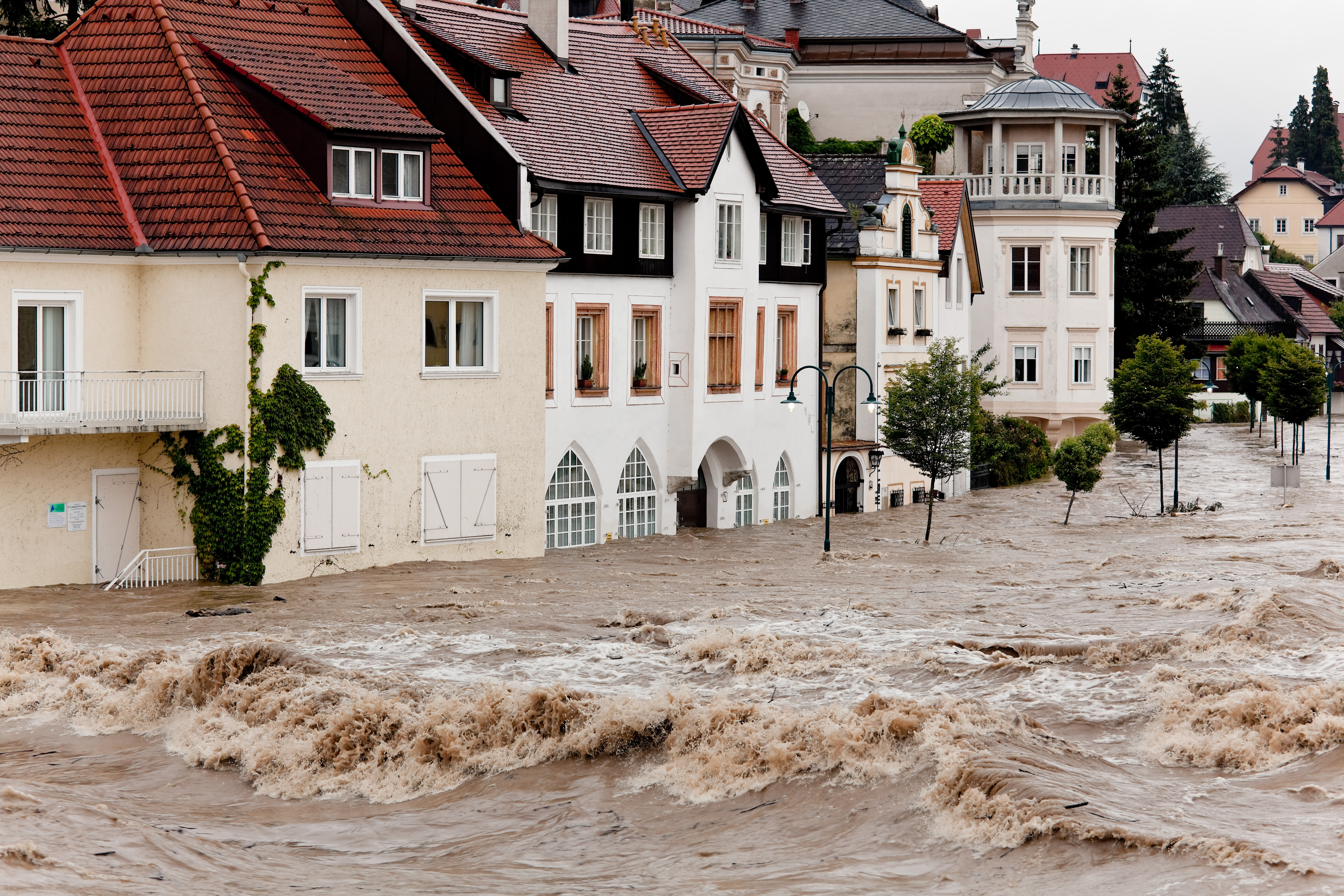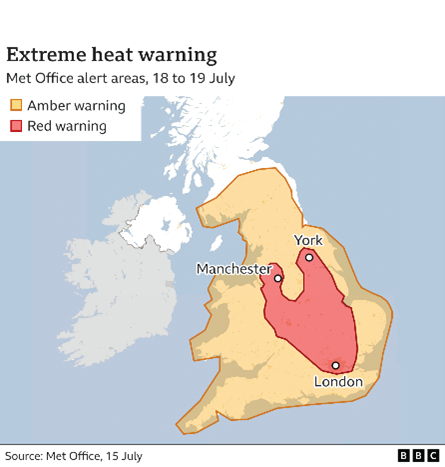
Climate change poses a major challenge for both the environment and society, and is a pressing issue worldwide today. Amid rapid urbanization, urban areas and their residents face heightened vulnerability to climate change impacts, particularly concerning extreme heat events.32 The latest statistics reveal an increase in the frequency of forest fires across most European countries compared to the previous decade.33
32 The World Bank, Analysis of heat waves and urban heat island effects in central European cities and implications for urban planning, 2020
33 European Commission Joint Research Centre, San-Miguel-Ayanz, J., Durrant, T., Boca, R. et al., Forest fires in Europe, Middle East and North Africa 2022, Publications Office of the European Union, 2023.
The Making Cities Resilient 2030 initiative (MCR2030)34 focuses on enhancing urban resilience against various disasters, including urban heat and wildfires. In terms of urban planning, various cities in the region are re-evaluating urban planning and design to incorporate green spaces and create more permeable surfaces to absorb heat. Acknowledging the evolving risks attributed to climate change, MCR2030 encourages cities to respond and adapt to diverse risks, fostering knowledge sharing among networked cities. Consequently, MCR2030 directly contributes to the attainment of Sustainable Development Goal 11 – Make cities and human settlements inclusive, safe, resilient and sustainable. This initiative aligns with global frameworks such as the Paris Agreement, the New Urban Agenda, and the Sendai Framework for Disaster Risk Reduction 2015–2030.
34 UNDRR, MCR2030 Europe and Central Asia, Flames of change: innovating heat and wildfire governance for inclusive communities, 2024.
Given the escalating negative impact of climate-related hazards in the European region, MCR2030 Europe and Central Asia have prioritized climate-related extreme events in their regional work plan for 2023–2024. This focused approach, supported by the consensus among Regional Coordinating Committee members and MCR2030 Resilience Hub cities, involves organizing a series of webinars and developing a knowledge repository comprising diverse case studies from the region. Below are some of the case studies captured through UNDRR’s MCR2030 knowledge product “Flames of change: innovating heat and wildfire governance for inclusive communities.”
In Barcelona, the densely populated urban landscape, coupled with its proximity to neighbouring cities in the metropolitan area, exacerbates the heat island effect, intensifying the city's vulnerability to extreme heat events. While the coastal location offers daytime relief from the sea's cooling effect, it contributes to higher night-time temperatures in seaside neighbourhoods. This thermal dynamic disproportionately affects vulnerable groups such as the elderly, children and low-income families, emphasizing the importance of considering intersecting vulnerabilities. Barcelona has implemented multifaceted strategies to address these challenges. The Climate Shelter Network, now comprising 230 accessible spaces, aims to provide thermal comfort within a 10-minute walk for 97 per cent of the population. Initiatives like the Ephemeral Shadow Challenge focus on creating temporary cooling solutions, while Energy Advisory Points strive to enhance energy efficiency. The Highly Complex Buildings Program actively supports vulnerable communities in improving their living conditions.
Recommendations underscore the significance of stakeholder engagement for successful adaptation measures, advocating for participatory processes to ensure communities' needs are heard and addressed. Urban planners are urged to adopt flexible strategies, integrating absorptive, adaptive, and transformative skills to enhance resilience amid uncertainty. A holistic approach is also emphasized, underscoring the integration and synergy of elements and disciplines within the city to foster collaboration and coordination toward a shared objective. These initiatives hold potential for replication but require adaptability and coordination across various urban landscapes to address local needs effectively.
In Greater Manchester, combating the escalating threat of extreme heat demands immediate collaborative action and effective governance. Acknowledging the cross-sectoral nature of heat risks, the region emphasizes governance structures like the Greater Manchester Resilience Forum and engages actively in networks like the UN's Making Cities Resilient 2030 initiative. The declaration of a climate emergency in 2019 spurred initiatives such as the 5-Year Environment Plan, driving goals toward carbon neutrality by 2038 and promoting solutions like urban cooling and increased green spaces via endeavours like the City of Trees. The region showcases commitment through events like the Mayor's Green Summit and innovative partnerships like GMCA/Environment Agency/United Utilities to revolutionize water management, integrating nature-based solutions and sustainable urban drainage systems to mitigate flood risks and urban heat effects.

Greater Manchester's dedication to strengthening resilience is evident in initiatives like Resilience 4 Communities, aimed at empowering vulnerable areas through co-creating resilience solutions to future climate change risks. Collaborative projects, such as the one with the National Consortium for Societal Resilience, focus on understanding and aiding older populations during extreme heat events, fostering community support systems for these circumstances. The region advocates for proactive measures to support vulnerable groups during heatwaves, emphasizing accessible information, proactive checks, and early warnings to enhance community resilience.
In a landscape increasingly impacted by climate change, Greater Manchester champions a proactive, inclusive approach to combatting heatwaves, striving to support vulnerable populations and strengthen community resilience through accessible information dissemination, proactive assistance, and early warning systems.
A table-top evacuation exercise that took place in October 2023 has integrated disabled individuals into disaster preparedness strategies in Athens, Greece. The simulation showcased earthquake-induced fire incidents, emphasizing inclusive evacuation planning and the participation of disability representatives. Encouraging academic, operational, and disabled community networking, the exercise highlighted the importance of early involvement of persons with disabilities in the scenario preparation. Participants agreed on the necessity of regular exercises involving local stakeholders to bolster community resilience against multi-hazard risks amid challenges like wildfires and the Covid-19 pandemic's co-existence, or other hazards. The exercise took place under the framework of the activities’ roadmap of the European Centre for Forest Fires, which belongs to the Network of the Specialised Centres of the Council of Europe EUR-OPA Major Hazards Agreement, having as a main goal to improve the awareness and resilience to major risks within the population.
Recommendations advocate for Universal Design in emergency planning, stressing the importance of including disabled individuals throughout disaster management. Tailored approaches for different impairments, like Personal Emergency Evacuation Plans (PEEPs), are urged for regular testing, especially in disaster-prone areas. Standard operational procedures for rescuing disabled persons, a global training module for responders, accessible emergency messages, and certified built environments are proposed. Prioritizing risks during complex emergencies through "risk triage" and integrating multi-hazard assessments into development planning are advised for comprehensive risk reduction strategies.
The MCR2030 initiative has effectively encapsulated diverse initiatives undertaken by local governments to tackle urban heat and wildfire issues, disseminating these efforts among stakeholders within the network. By facilitating knowledge exchange, MCR2030 fosters a shared understanding of these challenges and empowers local actors and policymakers to collaborate based on a unified comprehension of the issues at hand, not only within the region but also beyond its borders.